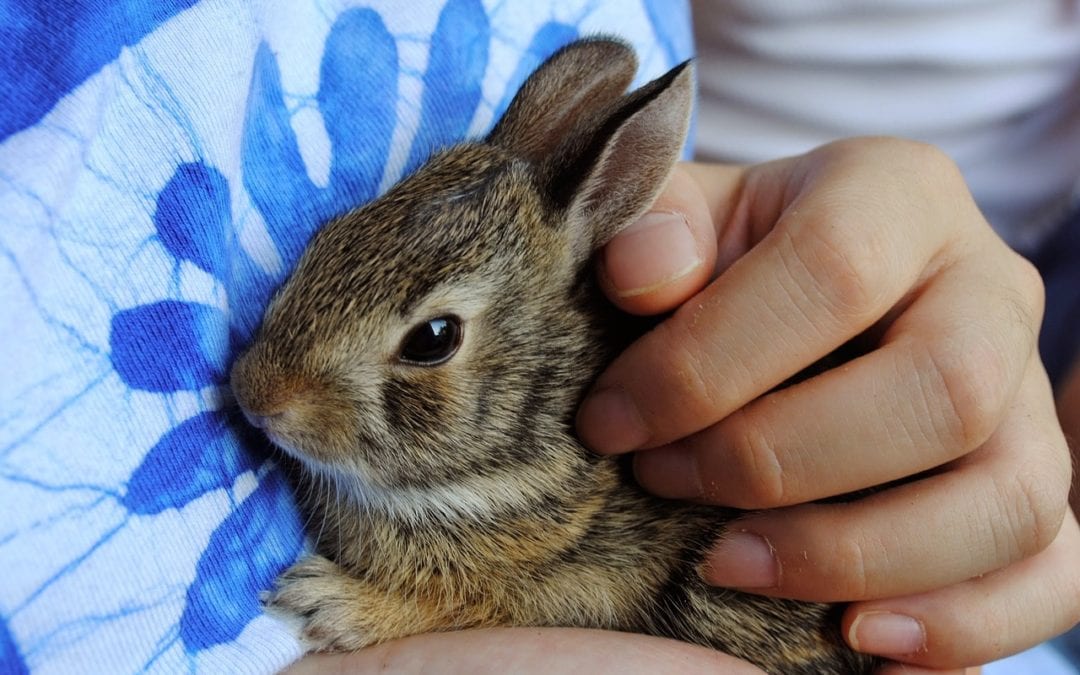Spring is a time when we think about new life and renewal. It’s no wonder that things like cute fluffy bunnies and fuzzy chicks are symbolic of the season. During this time of year, many families around the country choose to add these cute critters to their homes.
Taking on one or more of these adorable critters is just like adopting any other animal though. Keep reading to learn what you need to know about Easter pet care.
To Adopt or Not to Adopt
Who wouldn’t want a snuggly baby animal this Easter? While it is easy to see why adopting one of these animals would be tempting, it is definitely not a decision to take lightly. Every year thousands of chicks and rabbits are surrendered or abandoned after the holiday, likely due to a lack of understand of what their care involves. Take the following into account:
Chicks and baby bunnies grow up, and are not a short term commitment. Many rabbits and chickens can live to around 10 years.Apartments, home owner’s associations, and county regulations may prevent you from keeping these animals.Rabbits in particular are not always the best choice for small children as they can be easily stressed and skittish.Your new pet will need care even when you are out of town.Chicken droppings may contain Salmonella, which can be a human health hazard if good hygiene is not practiced.
Bunnies and chicks are living creatures and require a commitment just like any other pet.
Easter Pet Care Primer
If you decide that a rabbit or chicken is in the cards for your family, it is important to understand their needs. Do your research on Easter pet care so that you are prepared to provide a loving home for your new addition.
For rabbits:
- Provide a safe, climate controlled, indoor environment for your bunny
- Do your research on rabbit nutrition
- Be sure to provide plenty of fresh water
- Be sure to bring your rabbit in to see us for wellness care, rabbits need routine care, too, including spay/neuter and dental care.Learn about litter training your bunny.
If you think you would like to bring home a rabbit, you might consider checking local shelters and rescues after the Easter holiday. It is estimated that up to 80% of bunnies adopted at this time of year are abandoned.
For chicks:
- During the chick phase, your pet will require being kept indoors and warm in a heat lamp brooder until she grows all of her adult feathers (usually around 8 weeks). This will need to be cleaned every few days.
- Provide places for your chicken to perch and roost as well as take dust baths. Chickens take up space.
- Chickens do better with companions, you might consider getting more than one.
- You will need to learn about proper chicken nutrition and supply chick-specific feed to help your chicken grow. After about a month, your chick will also need grit in her diet.
- Be sure to bring your new pet in so we can get to know her.
Easter pet care is no different from any other pet care. With a little love and nurturing, these animals can grow to be a part of your family for a long time to come. Union Lake Veterinary Hospital is happy to help you care for your new pet during the spring or any other season.

